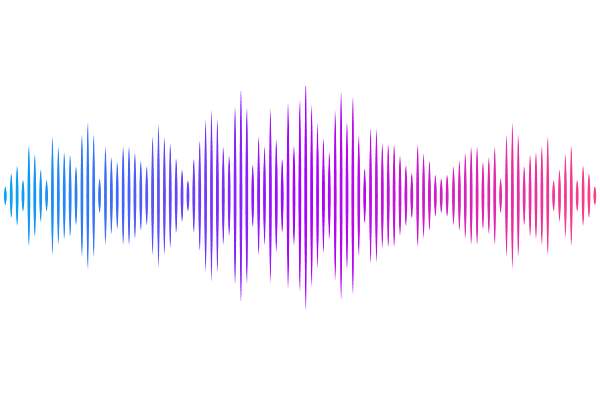The stochastic gravitational wave background from QCD phase transition in the framework of higher-order GUP

The stochastic gravitational wave background from QCD phase transition in the framework of higher-order GUP
Zhong-Wen Feng, Long-Xiang Li, Shi-Yu Li
AbstractWe investigate the stochastic gravitational wave background generated by a first-order cosmological QCD phase transition in the early universe, within the framework of a new higher-order generalized uncertainty principle. This model predicts a minimal length scale for both positive and negative values of the deformation parameter $\beta$. However, our analysis shows that only positive $\beta$ leads to physically viable stochastic gravitational wave background spectra. We derive generalized uncertainty principle induced corrections to the radiation energy density and the Hubble expansion rate and analyze their impact on the resulting stochastic gravitational wave background signal. The results indicate that an increase in $\beta$ leads to a redshift in the peak frequency and a modest enhancement in the energy density. Finally, we examine the detectability of these modified signals by comparing them with the sensitivity curves of current and upcoming pulsar timing arrays. Our findings suggest that the stochastic gravitational wave background signal for positive $\beta$ values can be probed by observatories such as SKA, IPTA, and NANOGrav, offering a potential avenue for testing the effects of quantum gravity effects.